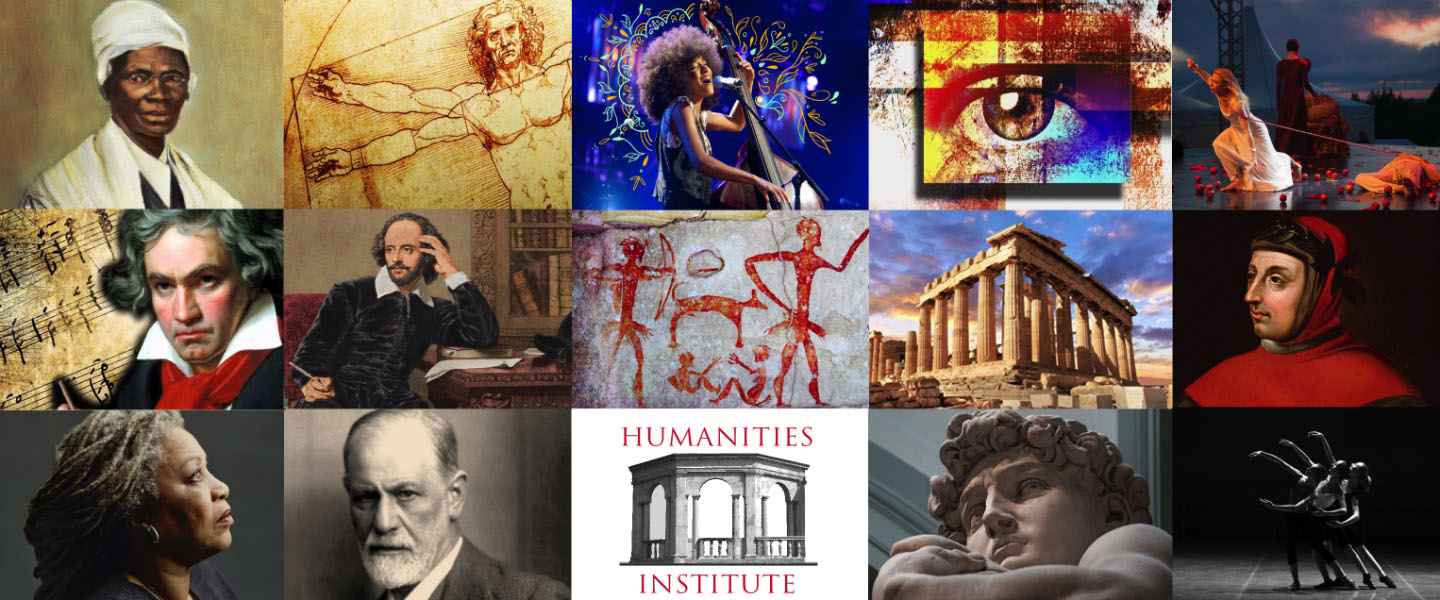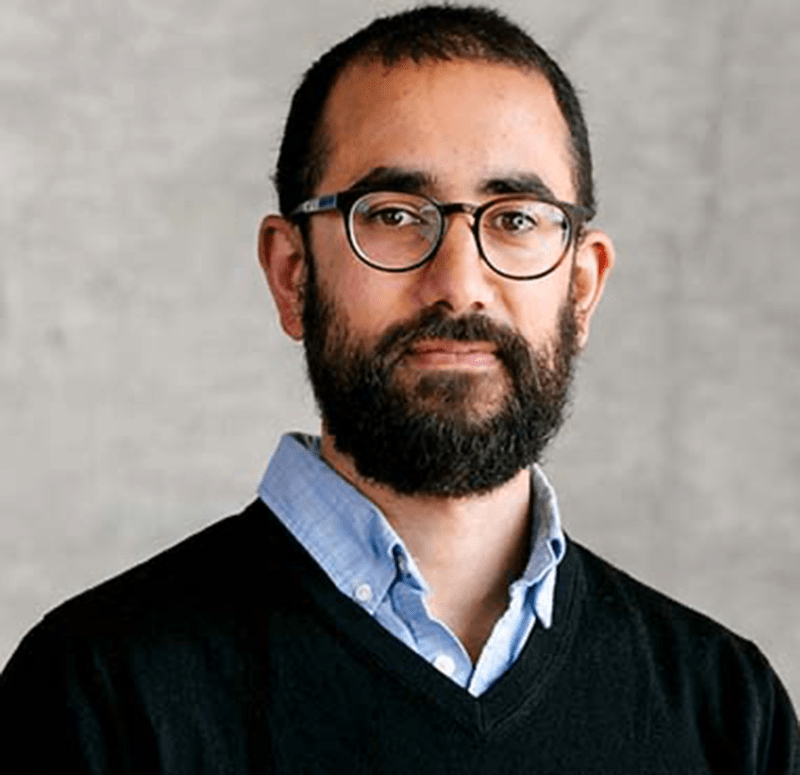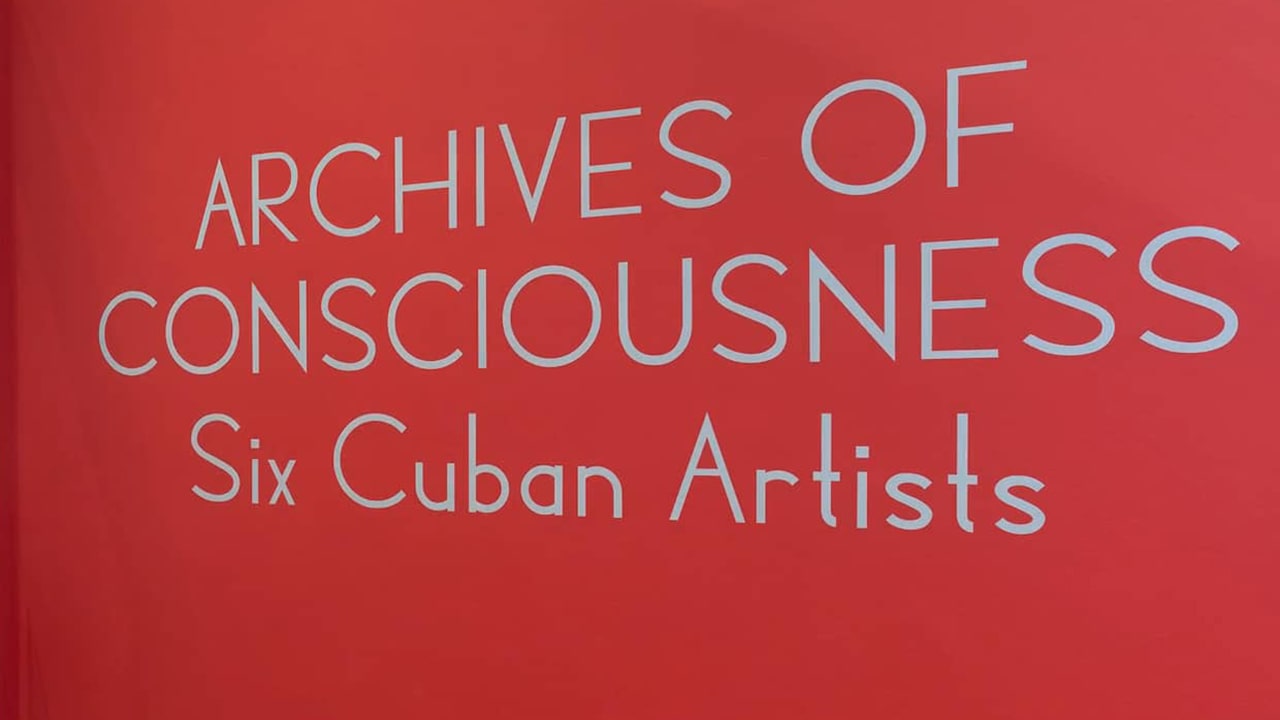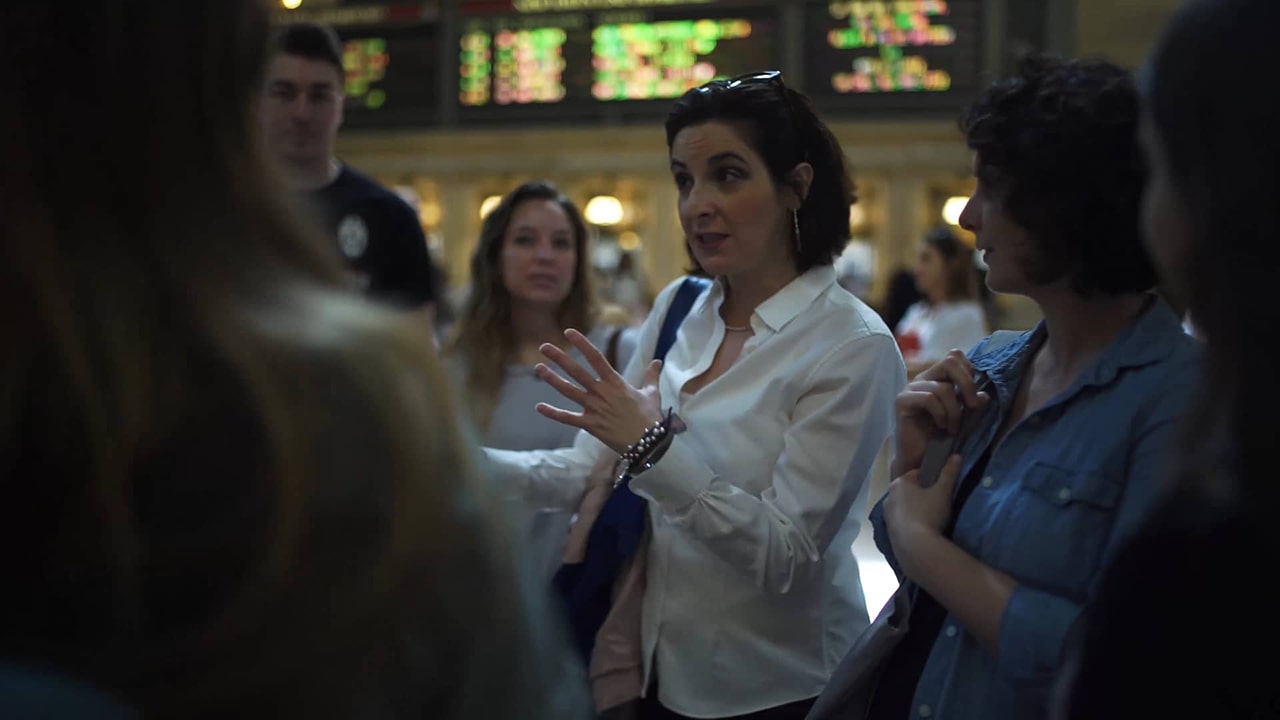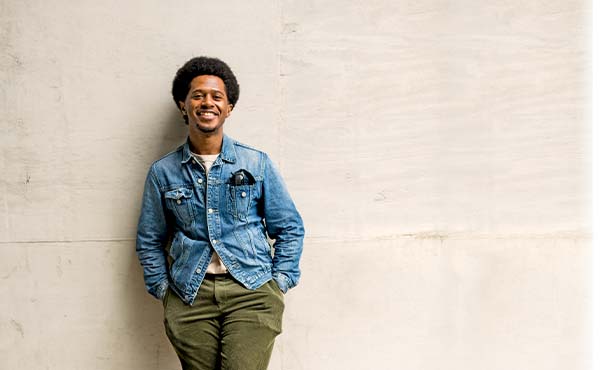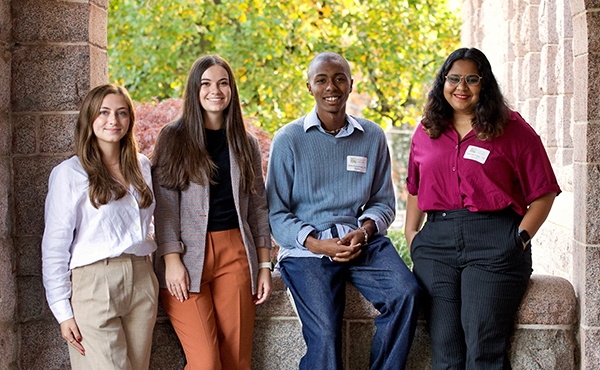
On This Page
Mission Statement
The Humanities Institute supports and promotes all aspects of humanistic inquiry and performance, as expressed in the scholarship, initiatives and organizations of the faculty and students of Fairfield University, whether on campus or in the wider community. In the Jesuit spirit of cura personalis, and through the employment of both traditional and digital media, the Humanities Institute advances interdisciplinary dialogue and exchange by assisting teaching and supporting research across the humanities and related disciplines. To this end, it seeks to create a hub of international humanistic discourse, with an emphasis on student-faculty mentorship.
Message from the Director
What is the future of the humanities in the age of algorithms, content, and artificial intelligence? What is the value and relevance of the humanities in our modern economy and mass society?
These are not idle questions considering that the humanities have been for centuries at the heart of Ignatian pedagogy. Fairfield University’s vision of cura personalis is thus fundamentally grounded in the liberal arts. To this end, the Humanities Institute fosters and funds innovative scholarly research, teaching, and programming in the humanities. We are committed to the exploration of all facets of the human experience: to our histories, stories, ideas, faiths, and the manifold ways we have expressed ourselves artistically over the millennia and across the globe. We believe that the study of the humanities equips us with the critical skills and conceptual vocabularies necessary to critique systems of power, to develop visions of social and environmental justice, and to thrive in the modern economy. We view an education in the humanities as a means of empowering individuals and fostering the good life. Likewise, research in the humanities is essential to vibrant, free, just, and sustainable societies.
In pursuit of our mission to support faculty research and student learning in the humanities, the Humanities Institutes offers grants for research, scholarly and artistic collaboration, and campus programming. The Humanities Institute Seminar provides a unique space for a select group of faculty and undergraduate students to meet monthly to discuss ongoing faculty research and for student fellows to engage in year-long research projects under the mentorship of faculty fellows. We are also especially proud of our undergraduate humanities research journal Apollon, which, under the dynamic leadership of faculty and student editors, publishes work by young scholars from around the world.
In pursuit of our goal to develop Fairfield University as a hub of research and teaching in the humanities, the Humanities Institute is committed to supporting the various initiatives of Fairfield University faculty as both researchers and pedagogues. If you have a vision, if you want to do or create something, we are here to support you in bringing that vision to reality. We can support you in many modest ways, but we also invite your big ideas and ambitious initiatives.
I am grateful to the previous directors of the Humanities Institute, Dr. Nels Pearson and Dr. Ronald Davidson, for their vision, dedication, and for their belief in the future of the humanities. I am also grateful for the work and wisdom of the Associate Directors, Dr. Jennifer Adair, Dr. Ryan Drake, and Dr. Sara Diaz. And, as always, I thank Julie Garbarino for keeping the ship afloat and making things happen.
Dr. Sunil Purushotham
Associate Professor, History
Director, The Humanities Institute in the College of Arts & Sciences
Fairfield University
About the Humanities Institute
Created by an NEH Challenge grant in 1983, the Humanities Institute in the College of Arts & Sciences is an endowed initiative established to ensure that the humanities will flourish at the heart of a Fairfield University education. Since its inception, the endowment has funded hundreds of lectures, events, film series, workshops, and seminars, as well as most of our successful curricular and engagement initiatives. Over the past 30 years, the Humanities Institute has been one of the most significant sources of educational innovation and change at Fairfield University.
Moving forward in the 21st Century, the Humanities Institute continues to lead the way in catalyzing humanistic inquiry and dialogue across disciplines to inspire, guide, and respond to transformations in our lives and our societies, contributing to imagining and creating a more just, humane, and sustainable future for humankind. The Institute revitalizes the University, placing our traditional strengths at the center of our strategic priorities and ensuring that our students are not only technically equipped to analyze, innovate, and address real problems in professional contexts, but intellectually and ethically capable of doing so in ways that fulfill our educational pledge and deliver on Jesuit education’s promise.
- Support teacher-scholars in humanistic inquiry
- Cultivate innovative teaching in the humanities
- Participate in identifying, enriching, and assessing student learning, engagement, and outcomes
- Partner with on and off-campus constituencies
- Create an international hub for humanities teaching, research, and engagement
Humanities at Work
"Humanities at Work" is a series of lectures, panels, and resources devoted to recognizing the powerful and transformative role that a humanities education plays in society, as well as in civic and professional life.
Apply for a Grant
Program Grants
HI Program Grants are for projects that enhance the educational experience of students and/or faculty development through programs or research in the humanities (history, philosophy, religion, language, linguistics, literature, archaeology, jurisprudence, and ethics, as well as the history, theory and criticism of the arts). Proposals in the social sciences, mathematics, and the natural sciences that intersect substantively with humanities methodologies and disciplines will also be considered. All applications will be evaluated based on their potential contribution to teaching and research in the Humanities. Applications may be submitted by any CAS faculty member. (Further guidelines available on the downloadable Call for Proposals).
*NEW! There are now two different applications available: one for grants involving faculty development or research; one for grants involving events, lectures and other campus and community programming. Both applications are available to download at the links below. Before applying, please review the updated Call and Guidelines for Proposals, (available below).
Application Deadlines are typically August 1, October 15, and February 10.
Quick Grants
The Humanities Institute is accepting abbreviated applications for its new Quick Grants program. Grants will be reviewed on September 1, November 1, December 1, January 1, March 1, April 1 and May 1.
Mid-Career Research Grants for Humanities Faculty
In order to expand and diversify the Humanities Institute’s support of the scholarship and/or creative projects of humanities faculty, we now offer a competitive grant for one course-release for an associate professor in the humanities. The intent of this grant is to provide support for associate professors working toward promotion. One grant per academic year will be awarded.
Eligibility: Rank of associate professor at the time of application. While priority will be given to humanities faculty and projects, all faculty with a research project in a humanities area are encouraged to apply for the course-release grant, including those whose project has a substantive humanities component but who do not teach in a humanities department. Projects with an evident path to completion are most competitive, but they may currently be at any stage of the process. Preference is given to faculty not participating in the Humanities Institute Seminar during the same award year as this Mid-Career Research Grant.
Application Deadline: February 12, 2024, to be awarded for the 2024-25 academic year.
Summer, Fall, and Spring Grant Recipients
Summer, Fall, and Spring Grant Recipients AY 22-23
Humanities Institute Program Grant Award Winners
Summer 2022 Grant Awardees:
- Kim Gunter, “Factory Floors, Church Pews, and Kitchen Sinks: Counter-Literacies of the South’s Women Apparel Workers, 1964-1984”
- Michelle DiMarzo, “Cuban Poet Maya Islas: Campus Visit and Public Reading”
- Michelle Farrell, “Soft Power or a Space for Resistance: The Havana Film Festival NYC”
Fall 2022 Grant Awardees:
- Sara Diáz, “2023 DMLL Alumni Career Panel”
- Michelle DiMarzo, “Student-Curated FUAM Exhibition- Transmutations: In their Element(s): Women Artists Across Media - by Phoebe Charpentier”
- Karen Langton, “Women's Work: Seeing the Bible”
- Brian Torff, “Researching Southern Music and Race Issues”
Spring 2023 Grant Awardees:
- Sara Brill, “Birth: Power, Politics, and Reproductive Life in Ancient Greek Literature”
- Kristin Culbertson, Jason Smith, Kris Sealey, “Philosophy and Current Events: Hope in the Face of Climate Change”
- Ryan Drake, “Ruling Orders: Teaching Plato on the Arrangement of Cosmos, City, and Soul”
- Sonya Huber, “More than a Land Acknowledgment: Engaging with Indigenous Nations in Fairfield County and Beyond”
- Laura Gasca Jiménez, “Student Workshop and Research Talk on Translation and Interpreting Studies with Dr. Christopher Mellinger”
- Rachel Robinson-Zetzer, Karen Langton, “The Social Justice in the Humanities Colloquium at Fairfield University”
- Peter Van Heerden, “Senior Fellowship in the Arts and Humanities for Michael Keegan-Dolan”
- Jiwei Xiao, “Archival Research and Interviews on Global Asian Art Cinema”
- Jo Yarrington, “Interrupted Transmission: Cyanotype Interactive Book and Print Series Using Pigment Suspension Process”
- Zhu Zhang - “Winning Over the Capitalists: The Rivalry Between the Chinese Communist Party and the Chinese Nationalist Party in the Early 20th Century”
Mid-Career Research Grant
- Alfred Babo, Associate Professor of Sociology & Anthropology, for research project “Negotiating Cultural Identity Transformation: A Look at Three Young Refugees' Experiences of Adjustment to Living in the United States”
Humanities Institute Quick Grant Award Winners
- Silvia Marsans-Sakly, “Guest speaker Jeff Halper, Israeli anthropologist addresses the Israel-Palestine conflict with HI 3371, The Arab-Israeli Conflict and the Question of Palestine”
- Jeffrey Schwartz, “Poet, Erika Meitner from the University of Wisconsin speaks to class, Jewish Identity in Literature.”
- Aaron Weinstein, “ Nicholas Buccola speaking on Constitution Day, Sept 15th, gives public lecture “To Secure the Blessings of Liberty: Frederick Douglass’s Aspirational Constitution”
- Tommy Xie, “Data journalist, Zack Newman, back to Fairfield to visit with Big Data Storytelling course”
- Sergio Adrada Rafael, “Filmmaker Carmen Vidal Balanzat, presents her award-winning documentary: Exiles (Exilios in Spanish)”
- Sergio Adrada Rafael, “Spanish journalist and reporter for the news channel NY1, Juan Manuel Benítez, gives public lecture at the Kelly Center”
- Betsy Bowen, “Library of Congress visit continuing work with “Ex-Slave Project” interviews”
- Jo Yarrington, “Christopher Kaczmarek, conducting a workshop for Studio Art students, in coordination with his exhibition Solar Symphony: a Solo exhibition at Loyola Hall Studio Art galleries, September 17 – November 4”
- Covadonga Arango-Martin, “SPAN 3245 class visit to see the Spanish play, La casa de Bernarda Alba, in NYC”
- Carolina Añón Suárez, “Dr. María Guadalupe Arenillas presents to SPAN 4360-Dictatorships and Revolutionary Movements in Contemporary Latin America class”
- Zhu Zhang, “Visits to Columbia and Yale libraries’ Asian Studies collections - curating a comprehensive reading list for a new course on Chinese Politics in Fall 2023”
- Laura Gasca Jiménez, “Sponsor Spanish major, Melody Olivan Sanchez, to attend the Symposium on Spanish as a Heritage Language at the Cervantes Institute in NYC”
- Carolina Añón Suárez, “Illustration of cover image by illustrator, Valentina Toro, for volume: “Generación Hijes: memoria, posdictadura y posconflicto en América Latina” [Hijes Generation: Memory, Post-dictatorship, and Post-conflict in Latin America]”
- Michelle Farrell, “Trip to Symposium on Spanish as a Heritage Language at the Cervantes Institute in NYC”
- Viviana Rigo de Alonso, “Trip to Symposium on Spanish as a Heritage Language at the Cervantes Institute in NYC”
- Covadonga Arango Martin, “Trip to Symposium on Spanish as a Heritage Language at the Cervantes Institute in NYC”
- Covadonga Arango Martin, “Trip to NYC to see Spanish play La dama boba with students in SPAN 4311 class”
- Shannon Kelley, “Guest lecture by author Ioanna Opidee visiting WGSS 4999 to discuss her novel Waking Slow (2018) and WGSS issues”
- Shannon Kelley, “Guest lecture by Janet Ortiz, Urban Impact's Program Director, visiting HONR 1101 (co-taught by Bill Abbott)”
- Carolina Añón Suárez, “Cover professional external copy editors for forthcoming volume: Generación Hijes: memoria, posdictadura y posconflicto en América Latina [Hijes Generation: Memory, Post-dictatorship, and Post-conflict in Latin America]“
- Chia-Hua Lin, “Guest speaker, Justin Price, presents lecture to PHIL 2217 on applying logic to his work in the tech industry based in the UK”
- Jo Yarrington, “Public lecture by artist Patricia Miranda on her works with donated, repurposed, lace and linens in site-responsive sculptures and installations, on March 22 in Loyola Hall”
- Betsy Bowen, “Provide knitting needles and yarn to students to reduce anxiety and dependence on digital devices, supporting student learning, engagement and outcomes”
- Karen Langton, “Bellarmine art installation of artist Arthur Szck, student art and writing competition”
- Zhu Zhang, “Chinese and Indian Diaspora in NYC Commodity Sale Business”
Humanities In Action
The Ronald M. Davidson Humanities Seminar
The Humanities Seminar is a research and mentorship program for faculty and students conducting research in the humanities. We envision the Humanities Seminar as the leading edge of humanities research and mentorship at Fairfield University, with significant scholarly outcomes in both faculty and student scholarship in the humanities.
Six Faculty Fellows and six Student Fellows were chosen to participate by a selection committee and work under the direction of the Associate Director of the Humanities Institute. Fellows work in an intellectual community on individual research projects, while engaging one another in conversations about methods, procedures, theoretical considerations, and other topics. In both fall and spring, Student Fellows join Faculty Fellows in regular meetings to discuss their research-in-progress.
All those having a project in a humanities area, even if their home department is outside the humanities, are encouraged to apply. Any questions about the Seminar and/or application process should be directed to Dr. Jennifer Adair.
Student Fellows Announcement - 2024
The Humanities Institute in the College of Arts and Sciences is pleased to invite students to apply to become a Student Fellow in the Humanities Institute Seminar for the 2024-2025 academic year.
Student Fellows are each mentored by a Faculty Fellow, under whose mentorship the student completes an independent, advanced research project in one of the Humanities disciplines (English, History, Modern Languages and Literatures, Philosophy, Religious Studies, or Visual and Performing Arts) for course credit. Positions are recommended for Humanities majors and minors, but are open to all exceptional students interested in learning more about research in the Humanities.
In both fall and spring, Student Fellows join Faculty Fellows in Seminar meetings to discuss research ideas and work in progress. These meetings take place 4 times per semester on weekday afternoons, usually on Tuesdays 3:30 to 5:30 p.m., so applicants should keep this time slot open when registering for classes. Because all fellows are expected to engage in these seminar meetings, the seminar is generally not recommended for students who will be studying abroad for all or part of the academic year.
Current Faculty Fellows (2023-2025)
- Elizabeth Boquet, Professor of English
- Kimberly Gunter, Associate Professor of English
- Laura Gasca Jiménez, Associate Professor of Modern Languages & Literatures
- Shannon King, Associate Professor of History
- Marice Rose, Professor of Visual & Performing Arts
- Nicholas Allred, Visiting Assistant Professor of English
Any questions about the Seminar and/or application process should be directed to the Seminar Chair, Dr. Jennifer Adair at jadair@fairfield.edu. Applications are due by Monday, March 11, 2024 to Julie Garbarino at jgarbarino@fairfield.edu. See submission guidelines on application form.
We very much look forward to receiving applications.
Sunil Purushotham, Ph.D.
Associate Professor of History
Director, the Humanities Institute in the College of Arts and Sciences
Student Fellows
The Humanities Seminar is a one-year commitment for Student Fellows. Student Fellows receive three credits and individual mentoring by a Faculty Fellow while completing an advanced research project in English, history, modern languages and literatures, philosophy, religious studies, visual and performing arts, or an interdisciplinary field with a substantive humanities component.
Student Fellowships are recommended for Humanities majors and minors, but are open to all exceptional students proposing advanced humanities research.
Congratulations to our successful 2023-2024 Student Fellows for their investiture in their one-year seminar membership:
- Nohea Breeden, 2025
- Thomas Burke 2024
- Caleigh Hopkins, 2024
- Gabrielle Jacob, 2024
- Elijah Perez-Mendez, 2024
- Melody Olivan Sanchez, 2026
2019-2020 Student Fellows Research Presentations
2018-2019 Student Fellows Research Presentations
Faculty Fellows
The Humanities Seminar is a two-year commitment for Faculty Fellows. For each of the two academic years that they participate, Faculty Fellows receive a one-course reduction.
Congratulations to our successful 2023-2025 Faculty Fellows for their investiture in their two-year seminar membership:
- Elizabeth Boquet, Professor of English
- Kimberly Gunter, Associate Professor of English
- Laura Gasca Jiménez, Associate Professor of Modern Languages & Literatures
- Shannon King, Associate Professor of History
- Marice Rose, Professor of Visual & Performing Arts
- Nicholas Allred, Visiting Assistant Professor of English
Digital Humanities
The Humanities departments at Fairfield have made a commitment to exploring and using all emerging tools and technologies that aid in digital humanities, both in faculty research and in classroom and pedagogical applications. The University's digital humanities hub shines a spotlight on the various digital projects being conducted by faculty (both individually and with students) across the College of Arts and Sciences’ humanities departments.
Past Events
mar
31
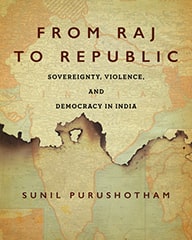
From Raj to Republic: Sovereignty, Violence and Democracy in India with Sunil Purushotham, PhD in conversation with Dr. Jesús F. Cháirez-Garza
Wednesday, March 31
5 p.m.
Virtual Launch and Discussion of the new book From Raj to Republic: Sovereignty, Violence and Democracy in India (Stanford University Press) by Sunil Purushotham, PhD, Associate Professor of History and Humanities Seminar Fellow, Fairfield University in conversation with Dr. Jesús F. Cháirez-Garza, lecturer in modern history, University of Manchester.
Kathleen Fitzpatrick, PhD, Director of Digital Humanities, Michigan State University
Wednesday, Sept. 23 @ 5 p.m.
Dr. Fitzpatrick is author of Generous Thinking: A Radical Approach to Saving the University (2019), Planned Obsolescence: Publishing, Technology, and the Future of the Academy (2011), and The Anxiety of Obsolescence: The American Novel in the Age of Television (2006). In Generous Thinking, she argues that universities can help overcome distrust of academic specialization by moving from isolated and competitive models to those that encourage collaboration, community, and public dialogue. She will talk with Nels Pearson, PhD, about why these approaches are all the more crucial given current events.
Lauren Alleyne Poet and Associate Professor of English, James Madison University
Monday, Oct. 5 @ 5 p.m.
Alleyne is the award-winning author of the poetry collections Difficult Fruit (2014) and Honeyfish (2019) and assistant director of the Furious Flower Poetry Center at James Madison University. She will read from recent work that speaks to issues of race, state violence and protest, and engage audiences in discussions of how poetry allows us to see the human dimensions of these issues as well as to represent experiences that are difficult to speak about.
Yolanda Wilson, PhD, Fellow, National Humanities Center and Encore Public Voices
Monday, Oct. 26 @ 5 p.m.
A former visiting scholar in the Department of Bioethics at the National Institutes of Health, Dr. Wilson will discuss intersections of race ethics and medicine in light of the pandemic. Her work on medicine, bioethics, and social justice has appeared in some of the most highly regarded academic journals in bioethics, philosophy, and public health. She is also a widely respected public voice for these issues across multiple media platforms.
Gniesha Dinwiddie, PhD, Agency for Healthcare Research and Quality (AHRQ)
Tuesday, Nov. 17 @ 5 p.m.
Dr. Gniesha Dinwiddie is a medical sociologist and social epidemiologist with expertise in the social determinants of health, cardiovascular disease epidemiology, chronic disease management, and health services research. She will host a moderated question and answer session on race, class, and the pandemic. She will discuss research approaches for studying the effects of Covid-19 and how mixed-methods research focused on race and class give us a more holistic picture of the pandemic.
Leadership & Administration
Director
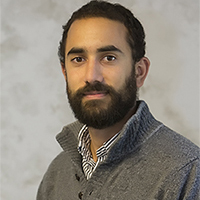
Sunil Purushotham
Associate Directors
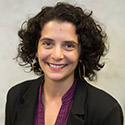
Jennifer Adair
Associate Professor
History
x2383
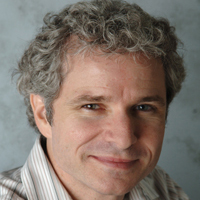
Ryan Drake
Department Chair
Associate Professor
Philosophy
x3357
Advisory Council
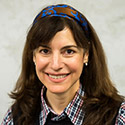
Suzanne Chamlin-Richer
Associate Professor
Studio Art
x2299
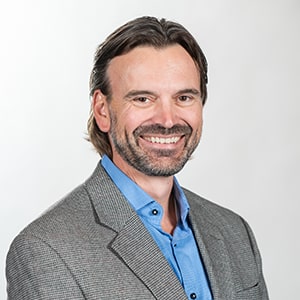
Geoffrey Church
Assistant Professor of the Practice
Biology
x2485
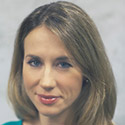
Sara E. Díaz
Associate Professor
Italian Studies
Modern Languages & Literatures
x3302
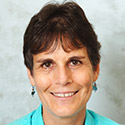
Johanna X. K. Garvey
Associate Professor
English
x2805
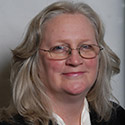
Elizabeth Hohl
Assistant Professor of the Practice
History
x3235
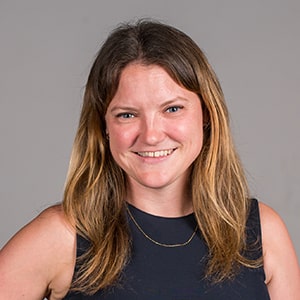
Mary Kate Holman
Assistant Professor
Religious Studies
x3931
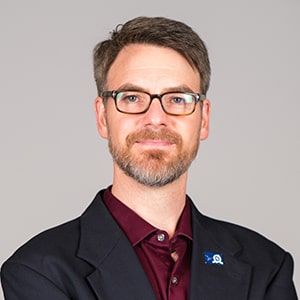
Jason Smith
Assistant Professor of the Practice
Philosophy
x2856
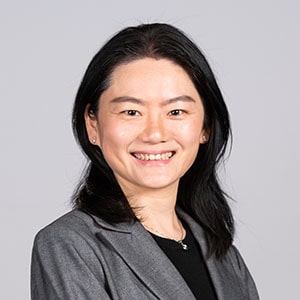
Zhu Zhang
Assistant Professor
Politics
x2391
Digital Humanities Consortium
The Digital Humanities Consortium is an ad hoc committee of the Humanities Institute. It’s work has been supported by both the Humanities Institute and the DiMenna-Nyselius Library. For more information, please see the Digital Humanities Hub.
Co-Directors

Sara E. Díaz
Associate Professor
Italian Studies
Modern Languages & Literatures
x3302
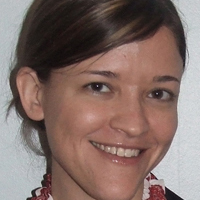
Shannon E. Kelley
Associate Professor
English
x3453
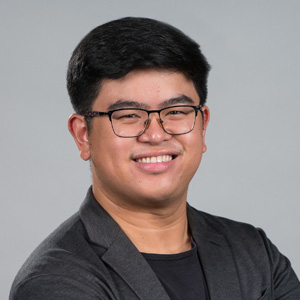
Daniel Libatique
The Vincent J. Rosivach Assistant Professor of Classical Studies
x2508
Coordinator
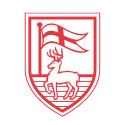
Julie Garbarino
Sr. Coordinator of CAS Institutes
DMH 223
x2863
